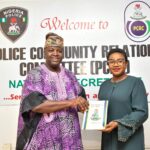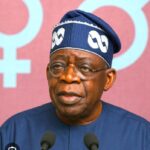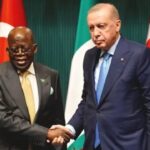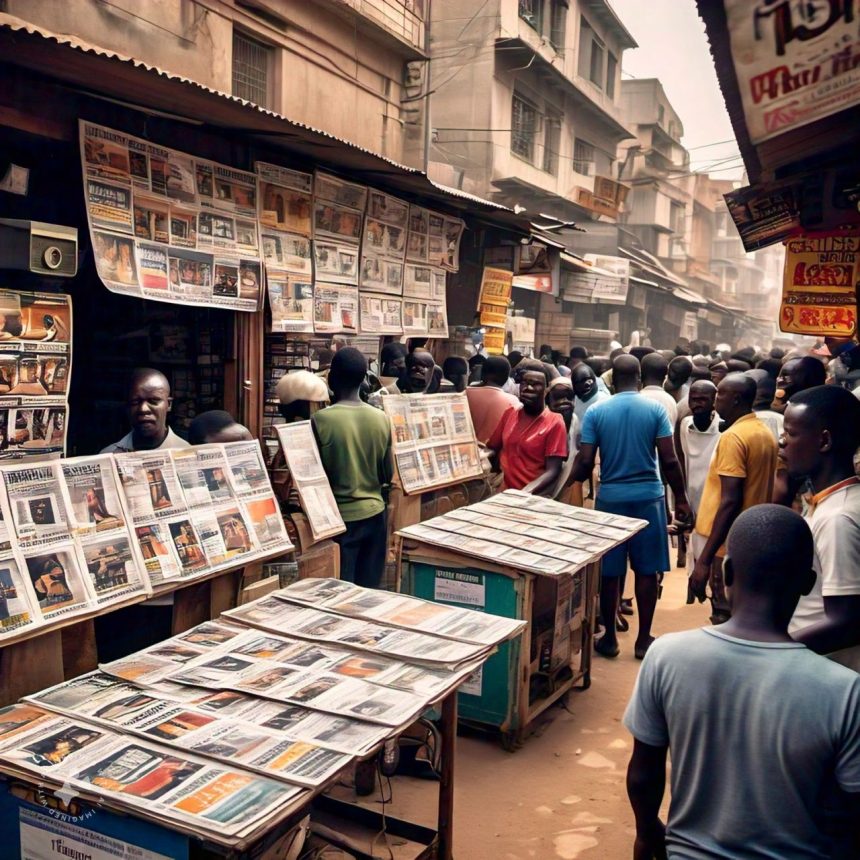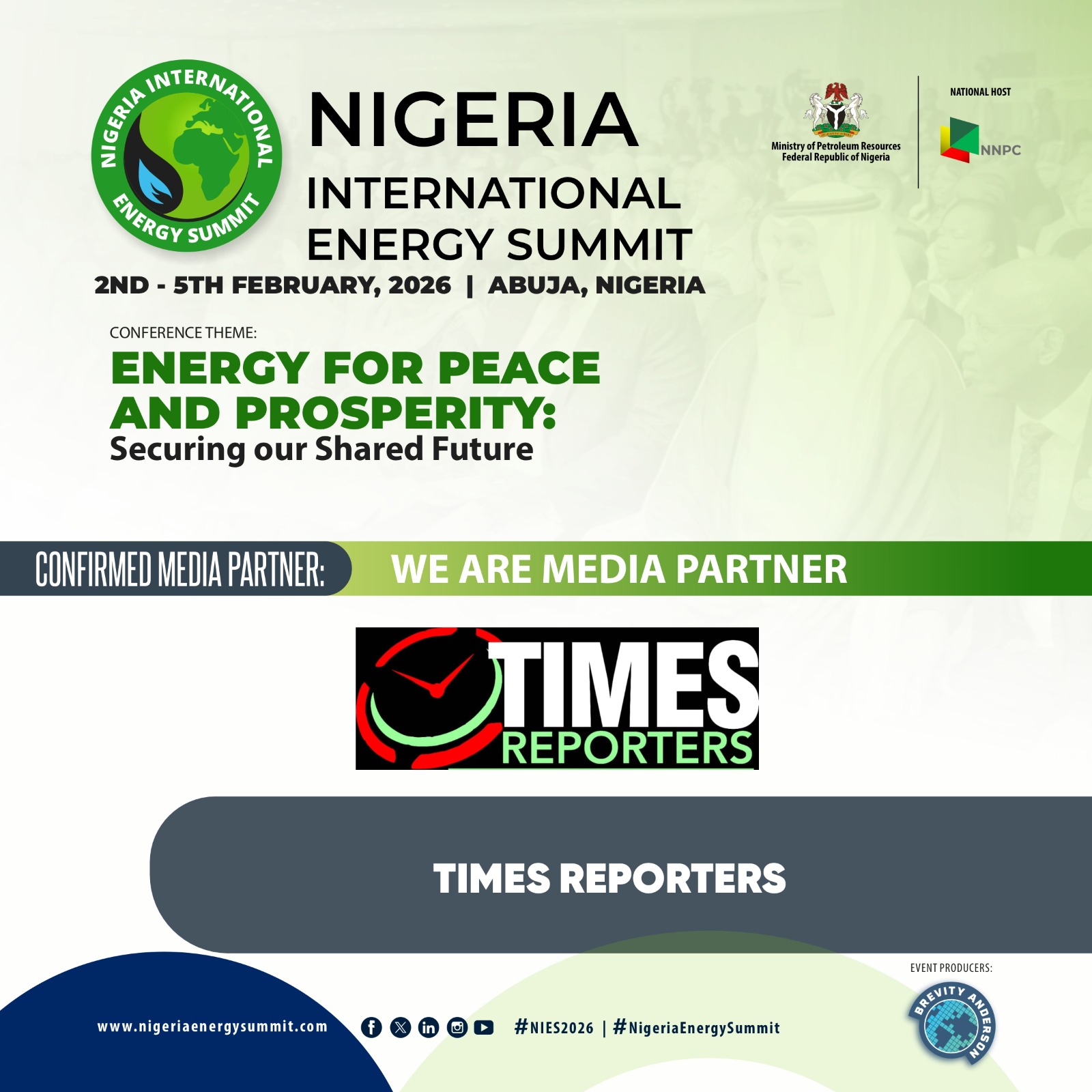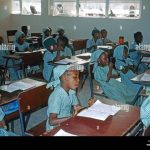By Charity Ishaya
In recent years, the spread of misinformation has become one of the most significant challenges facing northern Nigeria.
As the region grapples with issues such as insecurity, poverty, and underdevelopment, misinformation has further exacerbated social and political tensions, fueling conflict, distrust, and division among communities.
Social media platforms, in particular, have become breeding grounds for false information, with devastating consequences for both public opinion and national unity.
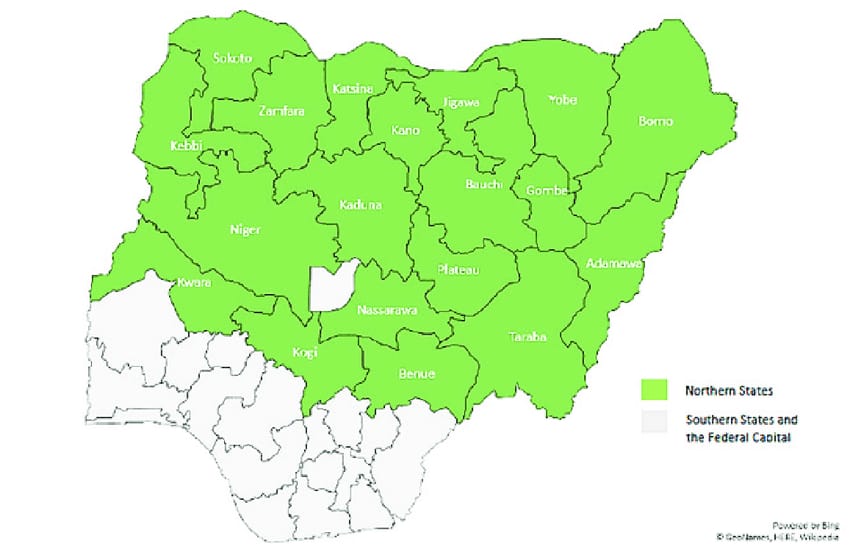
The role of media in combating misinformation in northern Nigeria is crucial, as accurate reporting and responsible media practices can help foster peace, unity, and informed decision-making.
One of the key reasons why misinformation thrives in northern Nigeria is the low levels of media literacy and education among the population.
Many people in the region rely on social media platforms such as WhatsApp, Facebook, and Twitter for news and information, yet few are equipped with the skills to critically assess the credibility of the sources or content they encounter online.
This creates an environment in which false claims, rumors, and conspiracy theories can spread rapidly without being questioned.
As a result, misinformation can quickly become accepted as truth, leading to dangerous consequences such as panic, violence, and social unrest.
The role of the media, particularly in terms of providing accurate and timely information, becomes even more important in the context of ongoing crises in northern Nigeria.
For instance, during the Boko Haram insurgency, misinformation about the activities of the group, as well as misleading reports about military operations, has often led to confusion and misperceptions.
The spread of false information about the intentions of the government or the military can fuel distrust and undermine efforts to address the conflict.
Similarly, misinformation regarding the humanitarian situation in conflict zones can exacerbate the challenges faced by displaced persons and hinder the effectiveness of relief efforts.
The advent of social media has made it easier for anyone with an internet connection to spread information, whether true or false.
In northern Nigeria, where social media usage has grown rapidly in recent years, this has become a double-edged sword.
While social media can be a powerful tool for raising awareness and fostering dialogue, it also provides a platform for malicious actors to spread false narratives, incite violence, and manipulate public opinion.
The speed with which misinformation can be disseminated online poses a particular challenge for traditional media outlets, which often struggle to keep up with the rapid flow of information.
The proliferation of misinformation is particularly concerning in the context of elections. In northern Nigeria, as elsewhere in the country, electoral cycles are often marked by heightened political tension and competition.
During election periods, political actors may use misinformation to sway public opinion, discredit opponents, or manipulate voter behaviour.
False claims about candidates, electoral fraud, or the integrity of the voting process can undermine the credibility of elections and fuel violence or voter apathy.
Given the region’s history of electoral violence and political instability, combating misinformation during elections is crucial to ensuring free and fair democratic processes.
Media organizations in northern Nigeria have a critical role to play in addressing the issue of misinformation.
One of the most effective ways the media can combat misinformation is by adhering to ethical journalism standards, such as accuracy, fairness, and impartiality. Journalists should prioritize fact-checking, verifying sources, and ensuring that the information they report is based on reliable evidence.
By providing accurate, balanced, and well-researched news coverage, the media can counter false narratives and promote informed decision-making among the public.
Additionally, media outlets in northern Nigeria can collaborate with fact-checking organizations and social media platforms to identify and flag misinformation before it spreads further.
Fact-checking initiatives, such as those led by organizations like Africa Check and the International Fact-Checking Network, can help debunk false claims and provide the public with clear, factual information.
These efforts should be supported by both the media and the government to ensure that misinformation is addressed in a timely and effective manner.
Another important role the media can play in combating misinformation is by promoting media literacy among the population.
Educational campaigns aimed at improving critical thinking skills and encouraging the public to question the sources and validity of information can help reduce the spread of falsehoods.
Media literacy programs in schools, universities, and community centers can equip individuals with the tools they need to evaluate news and social media content more effectively.
By fostering a more informed and discerning public, the media can play a key role in reducing the impact of misinformation.
Furthermore, community radio stations, which have a significant reach in northern Nigeria, can serve as vital tools for countering misinformation at the grassroots level.
Community radio stations often have a closer connection to local communities and can engage directly with listeners, providing them with accurate information and addressing rumors or misconceptions.
By partnering with local authorities, civil society organizations, and international agencies, community radio can be used to disseminate information on critical issues such as health, security, and human rights, while also dispelling myths and correcting falsehoods.
Finally, the government has an important role to play in supporting media efforts to combat misinformation.
While it is essential to uphold freedom of expression and the press, the government can collaborate with media organizations, civil society, and international partners to create a legal and regulatory framework that promotes responsible media practices.
This can include setting up independent media monitoring bodies, providing training for journalists, and encouraging transparency in the media industry.
Additionally, the government can work with social media platforms to ensure that misinformation is flagged and addressed swiftly.
The fight against misinformation in northern Nigeria is not just the responsibility of the media; it requires a collective effort from all sectors of society.
Informed citizens, ethical journalism, media literacy, and collaborative efforts between traditional and digital media are key to reducing the spread of false information.
As misinformation continues to shape public opinion and influence political and social outcomes, it is imperative that the media take on a leading role in providing accurate, reliable, and timely information to the people of northern Nigeria.
Through responsible reporting and active engagement with the public, the media can help to combat the harmful effects of misinformation and contribute to a more informed and peaceful society.
Charity Ishaya Is A 300 Level Student From Mass Communication Department Borno State University, Borno State.



